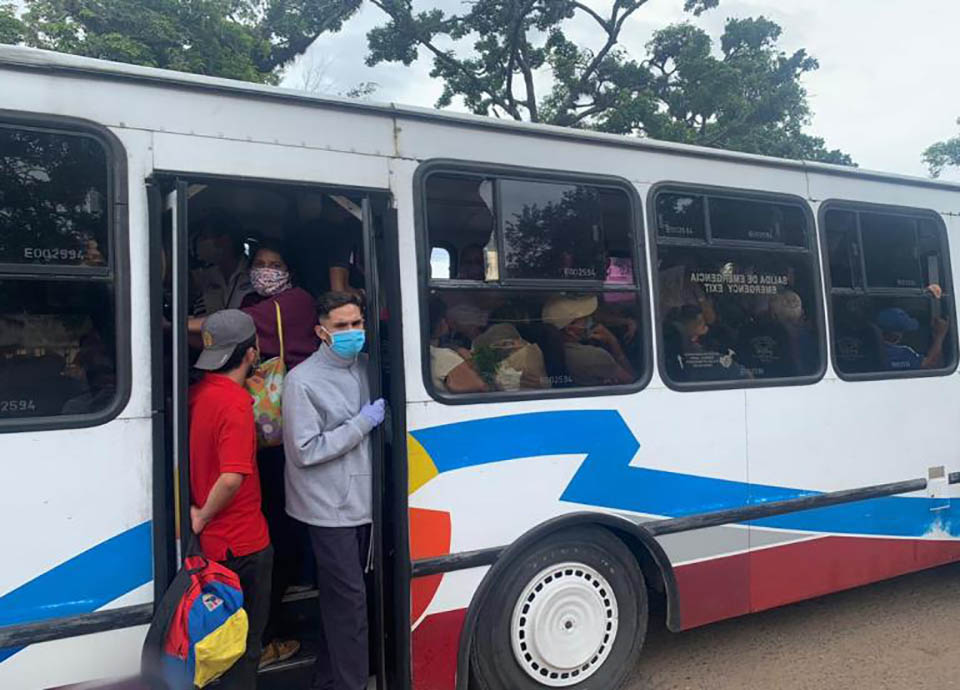SuchWhich, together with the newspapers El Tiempo, Correo del Caroní, La Mañana, El Impulso, La Nación and Yaracuy al Día; interviewed members of the transport sector to find out their demands and expectations after the increase in diesel to $0.50 per liter
Scarcity and restrictions on access to fuel; the high cost of vehicle spare parts and the lack of bank loans to be able to renew the fleet of units are some of the obstacles that Venezuelan carriers have had to overcome in the last two decades. The sector is in crisis. Crisis that extends to 70% of the country’s population that requires vehicles to move.
* Read: Price of diesel in Venezuela goes from subsidized and free to $0.50 per liter
But carriers must not only deal with fuel shortages and cash shortages and the delay in payment of subsidized transportationalso with the maintenance of the service stations assigned to the sector and recently with a possible elimination of the subsidy and increase in diesel, announced on May 29.
SuchWhichnext to the newspapers Time of Anzoategui, Mail of the Caroni of Bolivar, The morning of Falcon, Momentum of Lara, The nation of Tachira and Yaracuy a day; interviewed carriers in the country to find out what is the reality of the sector and its expectations after the increase in diesel to $0.50 per liter.
* Read: Covid-19, lack of fuel and hyperinflation: the perfect public transport crisis
Projects and plans for transportation
The voices and demands of line directors and members of cooperatives are gathered in this special, which also recalls some of the transportation projects and plans –among them BusCaracas and the Anzoátegui BTR– that the Government has promised: few reached concluded and today they operate intermittently and deficiently.
Transportation is another debt of the revolution. Venezuela is today the country with the “oldest fleet in Latin America: there are buses that have been in transit since the 1970s,” says the President of Transportes Unidos de Venezuela, Hugo Ocando.
How much will the fuel cost?
While the Government continues to hold meetings and create a mechanism to regulate transportation, users and drivers wait to define how much the fuel will cost, how to access it regularly and what the rate and considerations for their services will be.
Credits: Jesús Bermúdez, Ánderson Jaimes, Arturo Ramírez, Laura Clisánchez, Magaly Hassan, Enrique Suárez, Bleima Márquez, Roison Figuera, Luis Olaizola, María Graterol, Valentina Rodríguez and editorial team Yaracuy a day.
Post Views:
35








